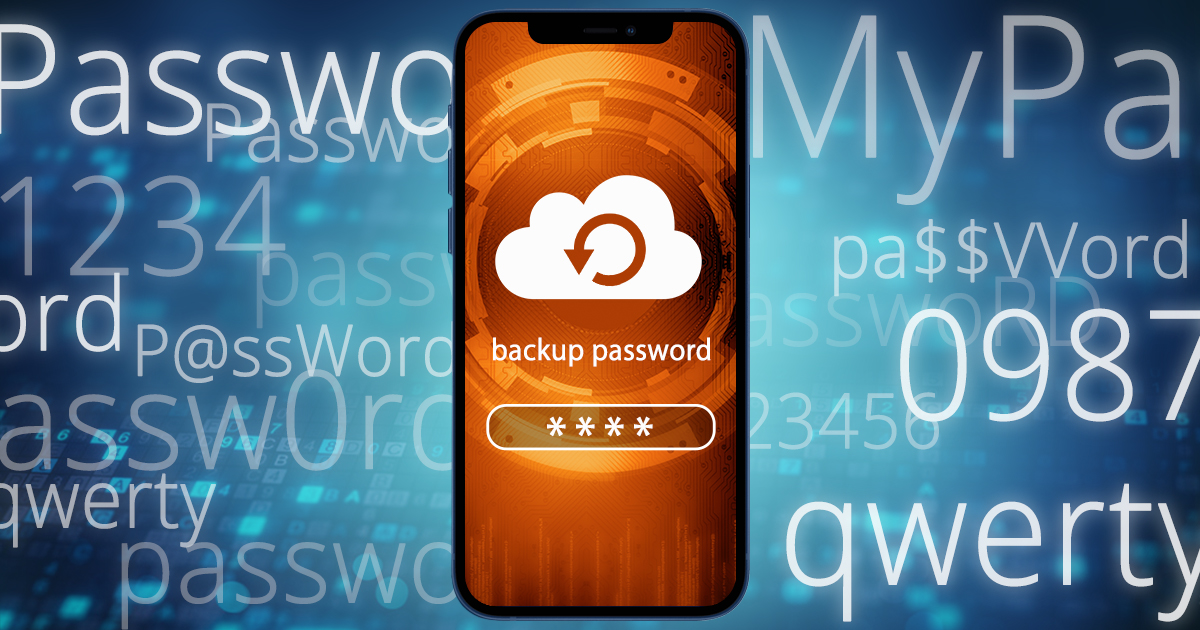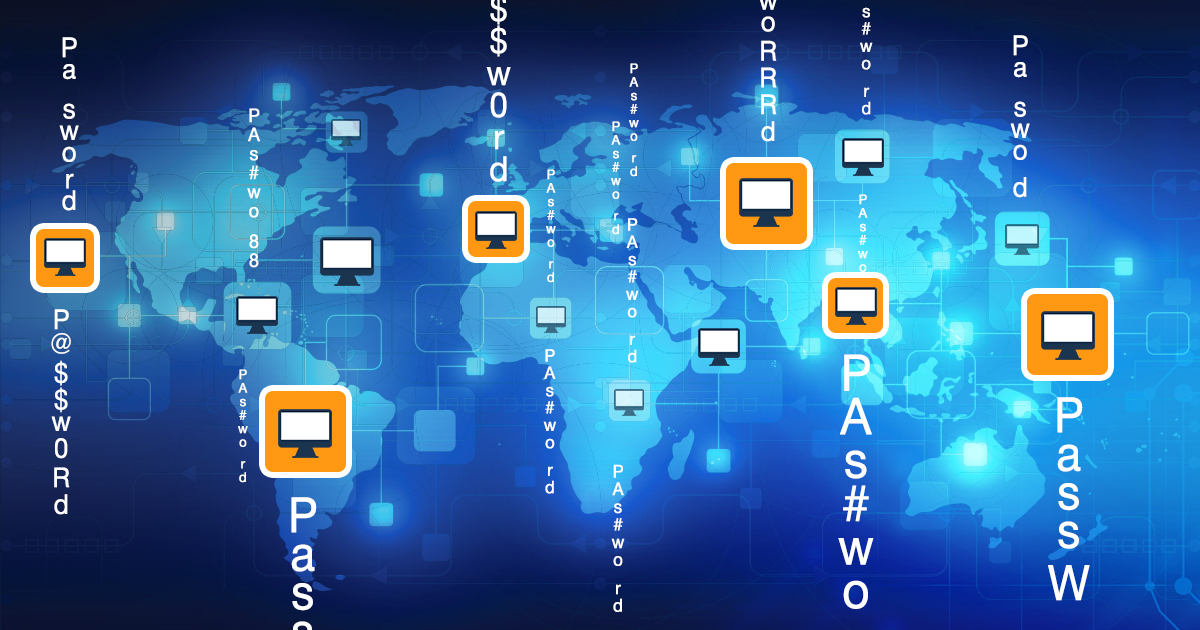The extraction method or methods available for a particular iOS device depend on the device’s hardware platform and the installed version of iOS. While logical acquisition is available for all iOS and iPadOS devices, more advanced extraction methods are available for older platforms and versions of iOS. But what if more than one way to extract the data is available for a given device? In this guide, we’ll discuss the applicable acquisition methods as well as the order in which they should be used.
iOS Forensic Toolkit 7.60 brings gapless low-level extraction support for several iOS versions from iOS 15.2 up to and including iOS 15.3.1, adding full file system extraction support for Apple devices based on Apple A11-A15 and M1 chips.
Keychain is an essential part of iOS and macOS that securely stores the most critical data: passwords of all kinds, encryption keys, certificates, credit card numbers, and more. Extracting and decrypting the keychain, when possible, is a must in mobile forensics. We seriously improved this part in the latest build of iOS Forensic Toolkit.
We often write about full file system acquisition, yet we rarely explain what it is, when you can do it, and which methods you can use. We decided to clarify low-level extraction of Apple mobile devices (iPhones and iPads, and some other IoT devices such as Apple TVs and Apple Watches).
iOS Forensic Toolkit 7.40 brings gapless low-level extraction support for several iOS versions up to and including iOS 15.1 (15.1.1 on some devices), adding compatibility with previously unsupported versions of iOS 14.
While we continue working on the major update to iOS Forensic Toolkit with forensically sound checkm8 extraction, we keep updating the current release branch. iOS Forensic Toolkit 7.30 brings low-level file system extraction support for iOS 15.1, expanding the ability to perform full file system extraction on iOS devices ranging from the iPhone 8 through iPhone 13 Pro Max.
Regular or disposable Apple IDs can now be used to extract data from compatible iOS devices if you have a Mac. The use of a non-developer Apple ID carries certain risks and restrictions. In particular, one must “verify” the extraction agent on the target iPhone, which requires an active Internet connection. Learn how to verify the extraction agent signed with a regular or disposable Apple ID without the risk of receiving an accidental remote lock or remote erase command.
Do you have to know which SoC a certain Apple device is based on? If you are working in mobile forensics, the answer is positive. Along with the version of iOS/watchOS/iPadOS, the SoC is one of the deciding factors that affects the data extraction paths available in each case. Read this article to better understand your options for each generation of Apple platforms.
iOS Forensic Toolkit 7.10 brings low-level file system extraction support for a bunch of iOS versions. This includes the entire range of iPhone models based on the A11, A12, and A13 Bionic platforms running iOS 14.4 through 14.8.
While we are still working on the new version of Elcomsoft iOS Forensic Toolkit featuring forensically sound and nearly 100% compatible checkm8 extraction, an intermediate update is available with two minor yet important improvements. The update makes it easier to install the tool on macOS computers, and introduces a new agent extraction option.


